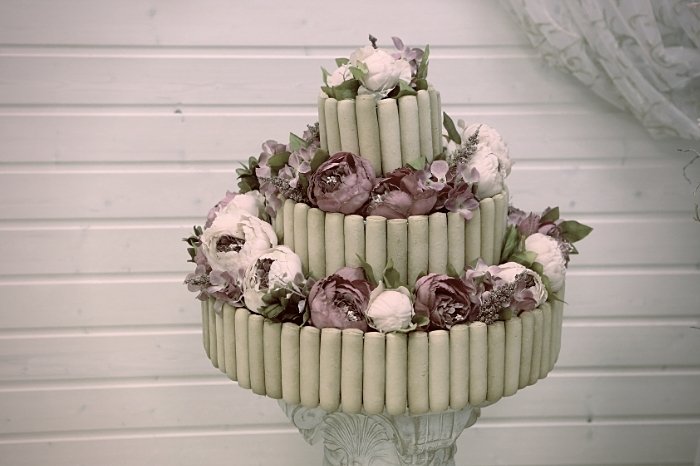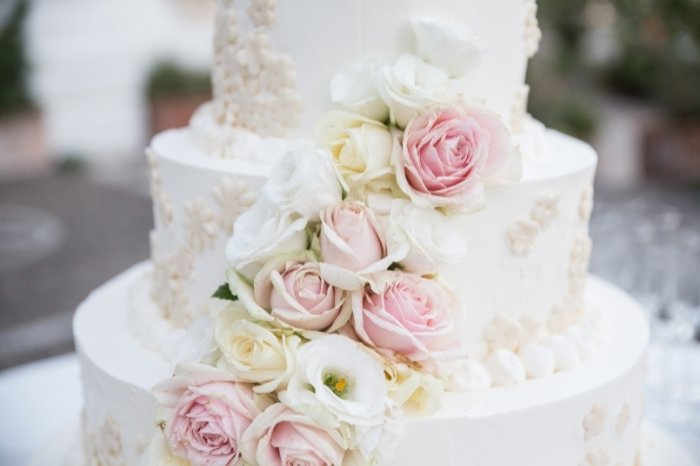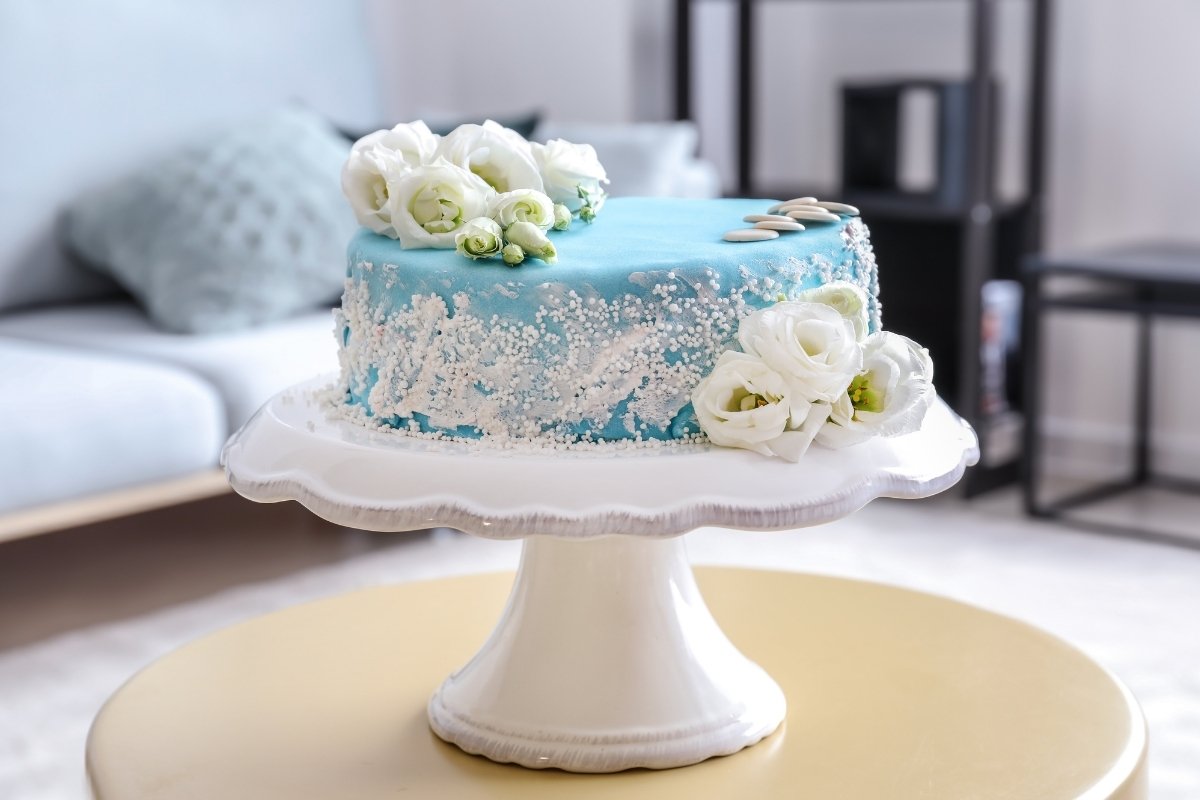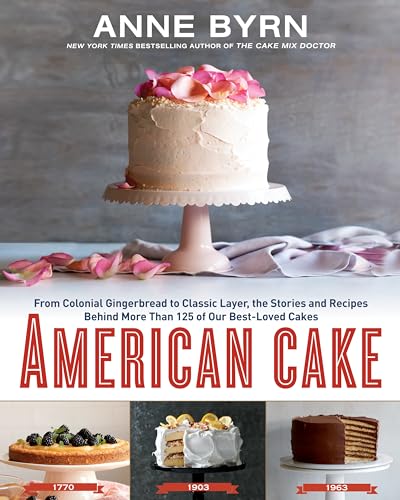Those who love baking will likely find the history of cake decorating to be interesting. For hundreds of years now, people have been making elaborately decorated cakes. From birthdays to weddings, decorated cakes have become a popular tradition.
The history of cakes dates back to ancient times, though the cakes were quite different from what we are familiar with today. Not too long after cakes became popular desserts, cake decorating became a thing. People sought beautifully decorated cakes for special occasions.
The History of Cake
Originally, cakes were more bread-like than the delicious dessert we know and love today. They were often sweetened with honey and it was typical for them to contain fruits and nuts.
The origin of cakes traces all the way back to Ancient Egypt. It is believed that the Babylonians taught the Egyptians the art of baking. This included making different kinds of bread and also cakes as well.
The beginning of wedding cakes traces back to Ancient Rome. A small fruit cake often made with honey and nuts was often made for the ceremony. The cake would then be crumbled over the bride’s head to appease the gods and bring prosperity and blessings.
This tradition came to Britain in 54 BCE by Julius Caesar. The practice remained a tradition among wealthy families. For poor families, grains and corn were scattered in the place of crumbled cakes.
Despite cakes being around for hundreds of years, it wasn’t until the 17th century that cake decorating became a popular thing. It is believed that the practice first occurred in the 16th century in Britain. Decorated cakes were first served among British royalty and the wealthy.
Cake Decorating Timeline
Under the rule of Queen Elizabeth I, Royal banquets became more and more extravagant. Bakers would serve Cakes and other desserts with a molded almond paste. Sugarpaste also became a popular topping for cakes, as it consisted of white sugar, starch, gum tragacanth, and flavorings.
From Bland to Beautiful in the 17th Century
In the 17th century, Charles II returned to Britain after being exiled in France. During his time in France, he grew fond of the cuisine. He brought back French chefs to Britain in order to improve the food there.
The French chefs transformed the bland almond paste cakes into something more special. They began icing cakes with a crust of sugar, then adorning the cakes with trinkets.
This decorating technique quickly spread across Europe. As cake decorating grew in popularity, decorations became more elaborate and chefs began to become competitive, trying to bake the most beautiful cake.

Italy became the first country to use sugar for making decorations. Bakers also started to use round cake pans to make cakes.
In the late 1700s, Elizabeth Raffald published her book The Experienced English Housekeeper. The book contains many different recipes, including one for a wedding cake decorated in marzipan and royal icing.
Improvements in Cakes in the 1800s
During the 1840s, baking powder made baking cakes easier than ever before. In addition, temperature-controlled ovens allowed for a better, more even bake. Bakers began baking cakes in decorative shapes and creating multiple layers.
Cake decorating became more advanced as cakes improved. Bakers created different designs and patterns using icing. Beautifully decorated wedding cakes began to grow in popularity among Royalty and also wealthy people.
In the 19th century, Antoine Carème published his book, Patisserie Royal. The book contains many illustrations of elaborate cakes. Many of his inspirations for cake decorating came from architecture designs.
Queen Victoria’s Elaborate Wedding Cake
Though wedding cakes had been around for quite some time at this point, Queen Victoria had an extravagant cake at her wedding. Her cake had many intricate decorations representing love, including cupids. It weighed an incredible 300 pounds.
Since refrigeration didn’t exist at the time, the fruit on the cake was saturated in alcohol. The icing on the cake was white, which earned it the name royal icing.
American Cake: From Colonial Gingerbread to Classic Layer
After Queen Victoria’s wedding, large wedding cakes with several tiers and intricate decorations grew in popularity. Decorating cakes to be white with royal icing became a symbol of wealth, as often only the rich could afford refined white sugar.
In 1882, Prince Leopold, Duke of Albany, had the first wedding cake that was completely edible. His wedding cake consisted of many different layers, using dense icing between the layers.
Around 20 years later, bakers began to place pillars in between the cake layers. The pillars consisted of broomsticks covered in icing. Though they held up the cake layers, they were quite unstable.
Modern Cake Decorating
During WWI and WWII, little changed in the world of cake decorating. The rationing and the shortage of sugar limited bakers. Bakers did not regularly make cakes, especially in the United Kingdom.
After the war, cake decorating began to rise in popularity. Cake decorating classes became a thing, allowing both professionals and also home bakers to achieve this skill.
Wilton’s classes became so popular that they began a line of baking products. Decorating began to become more elaborate, as more tools and techniques become popular for creating beautifully decorated cakes.

Now, bakeries all over the world create magnificent cakes with beautiful decorations. Today, buttercream, fondant, sugar paste, and marzipan are the most popular ingredients for decorating. Bakers spend countless hours perfecting decorations to create stunning cakes.
All About Cake Art
For hundreds of years now, cake decorating has been popular for creating beautiful desserts for special occasions. At first, cakes were really only decorated for weddings or for Royal banquets. Now, cakes are also popular for birthdays, anniversaries, graduations, holidays, and pretty much any special event.
Techniques are now much better and cakes are much more flavorful. From the humble beginnings of honey, fruit, and nuts, cakes now come in so many delicious flavors. Instead of molded almond paste, buttercream and fondant are the most popular icings for decorating.
Do you have any questions about the history of cake decorating? If so, please do not hesitate to ask them in the comment section, as this topic dates back hundreds of years.

Ever since she was a young girl, Anna has been a lover of desserts. As an adult, she enjoys
baking a variety of desserts from cakes, cookies, brownies, bread, and more from scratch. She
enjoys sharing her passion for baking with others who also have a sweet tooth. From properly
measuring ingredients to making sure they are the correct temperature, Anna knows the
importance small details can make in baking. She wants to share her experience with others in
hopes they can make the most delicious baked goods. When she’s not busy blogging, Anna
enjoys trying new recipes in the kitchen.


